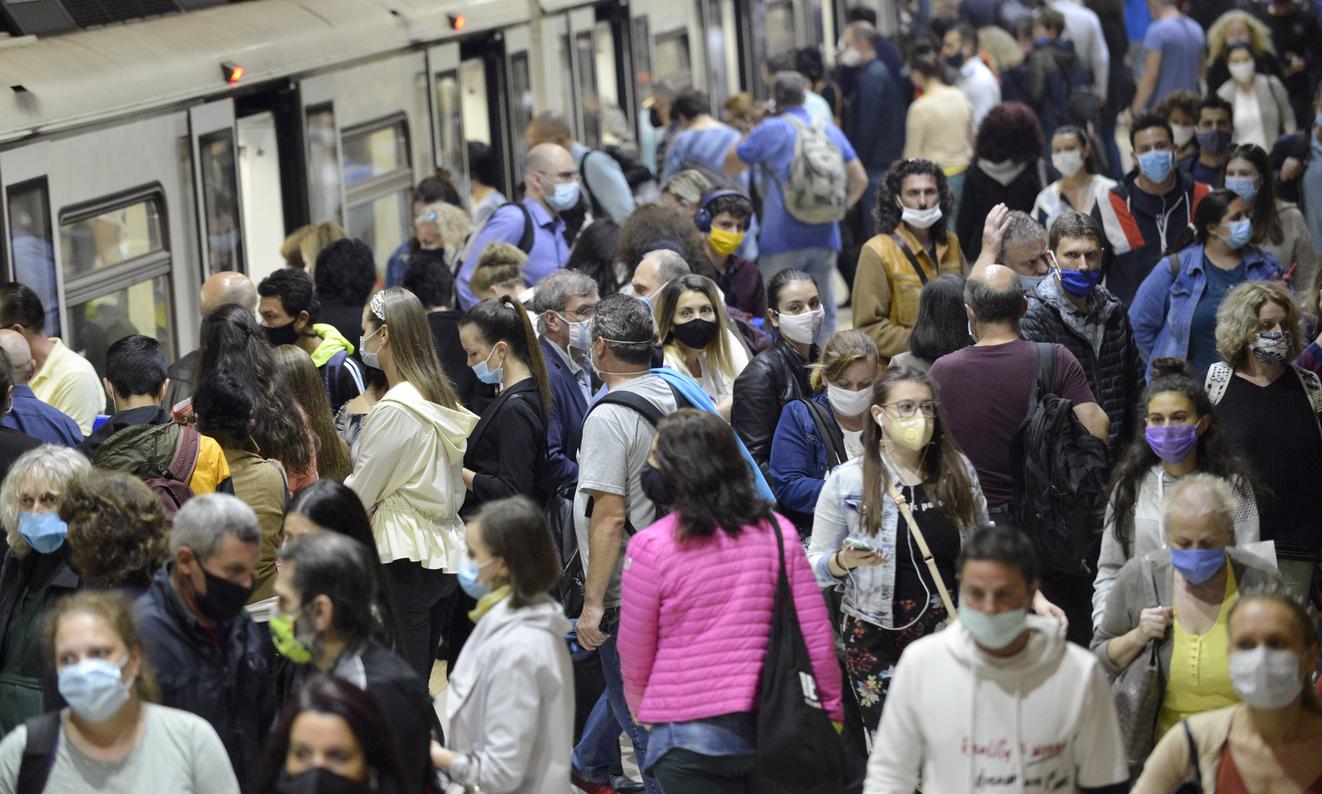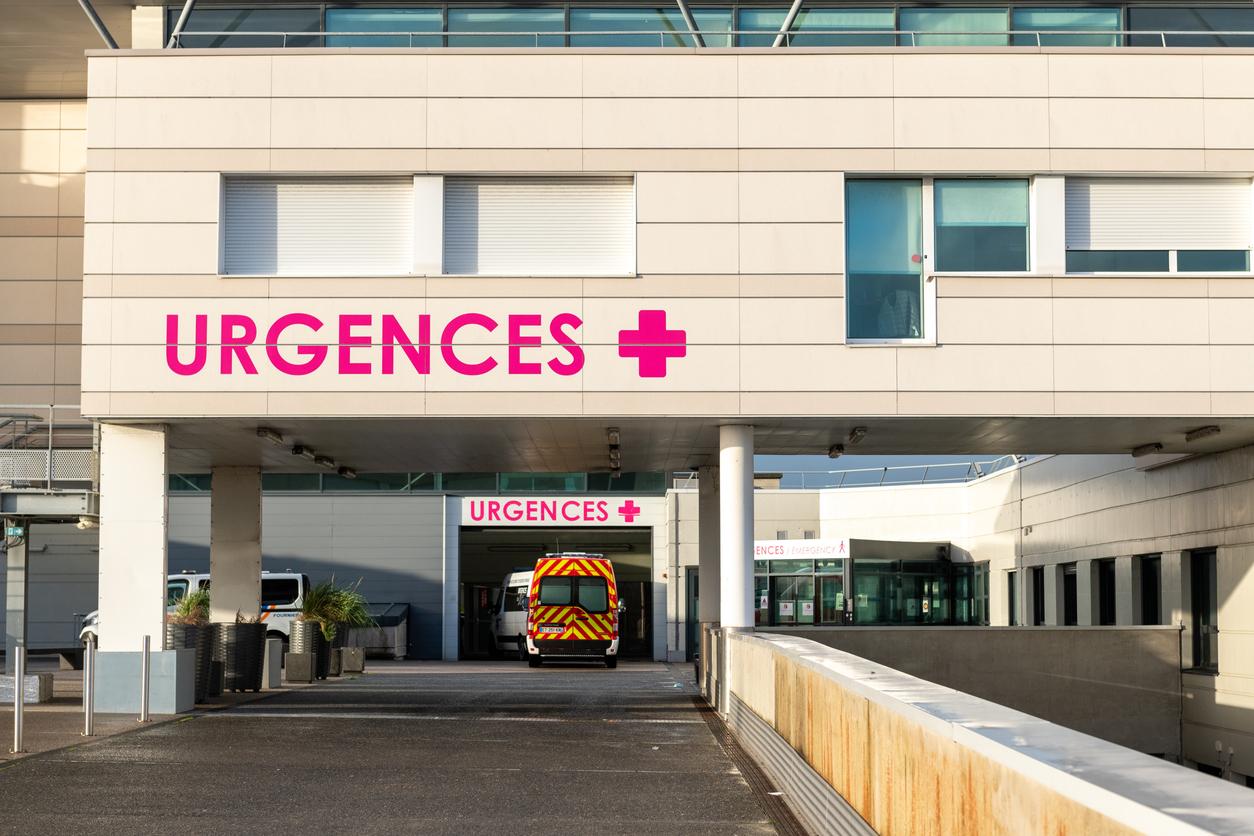This Thursday at 8 p.m., the President of the Republic Emmanuel Macron must announce new restrictions to fight against the worsening of the Covid-19 epidemic. While a new 4-week confinement seems to be favored by forecasts, a look back at the results of the first confinement, that of spring 2020.

- The R0, or the average number of new cases caused by an infected person, fell from 3.3 to 0.5 thanks to containment.
- Weekly intensive care admissions fell by 40%.
- In Europe, 3 million deaths would have been avoided.
From March 17 to May 11, France was plunged into 55 days of confinement. An unprecedented measure that has made it possible to control the Covid-19 epidemic without managing to stop it. This Thursday at 8 p.m., 170 days after deconfinement, Emmanuel Macron will address the Nation to announce new restrictive measures. Exponential increase in daily cases, beds in intensive care which are filling up at high speed, number of deaths which are approaching those of last spring… The indicators are red and a new confinement lasting 4 weeks seems to be the way forward. favored by the executive.
Reduce the circulation of the virus, unclog hospitals
The three months of confinement last spring made it possible to put a stop to the spread of the virus. One of the main aims of the containment decision last March was to reduce the reproduction rate of the virus, the famous “R0” or the average number of new cases caused by each of the infected people, in order to reduce as much as possible the number of patients affected by Covid-19 and to limit the number of deaths. At the time of the announcement of the containment, this figure was 3.3. It had dropped to 0.5 at the time of deconfinement, according to figures from the Pasteur Institute. Transmission of the virus was therefore reduced by 84% by the three months of travel restrictions.
The confinement also made it possible to prevent hospitals from being completely drowned by the wave of patients. If many establishments were overloaded and the management of beds in intensive care was a headache, the measure made it possible to control the situation. Weekly intensive care admissions fell by 40%, according to figures from the Lille University Hospital, and allowed nursing staff to breathe after very complicated months. Three researchers from the School of Advanced Studies in Public Health (EHESP) and the Rouen University Hospital believe, in a study published on April 22that a month of confinement has prevented nearly 590,000 hospitalizations and 140,000 intensive care admissions across the country.
A second wave harder than the first?
The containment has above all made it possible to avoid thousands of probable deaths if nothing had been decided. At European level, according to figures from Imperial College London, 3 million lives have been saved. The study published by researchers from the EHESP and the Rouen University Hospital puts forward the figure of 60,000 deaths avoided between March 19 and April 19
The current situation could be more serious than that of the beginning of the year. This second wavewill probably be stronger than the first”, announced Jean-François Delfraissy, the president of the Scientific Council on RTL. The presence of the virus throughout the territory and no longer concentrated in certain areas as was the case during the first wave, the extreme rapidity of its spread of the virus in recent days and the number of daily hospitalizations and deaths which is more important than on the eve of the first confinement are all indicators that suggest that the situation is serious.
















